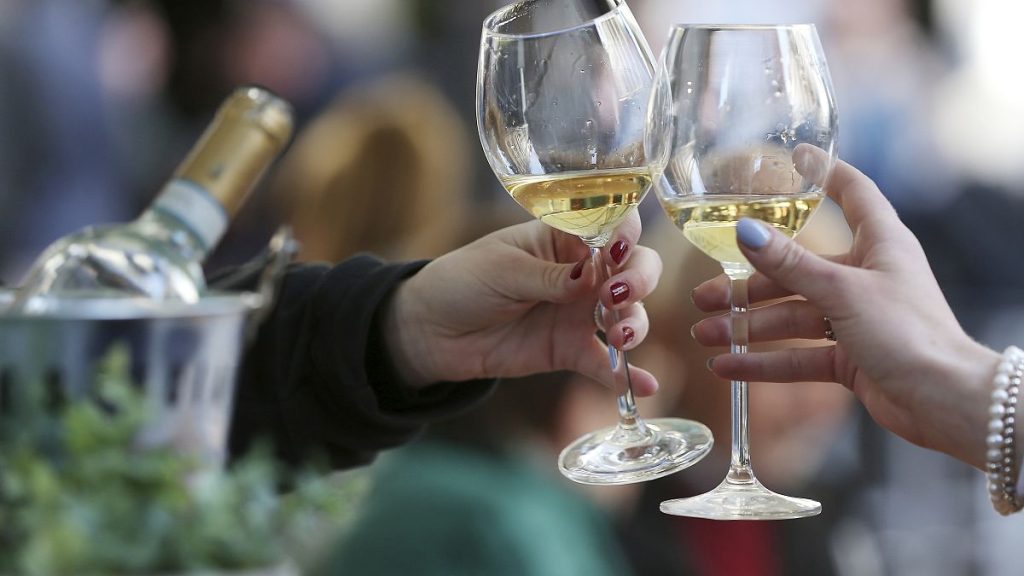The EU Wine Sector at a Crossroads: Embracing Change in a Challenging Market
The European wine industry, a sector steeped in tradition and renowned for its quality, finds itself at a critical juncture. While boasting a legacy of rising sales, exports, and global recognition, the industry is grappling with a confluence of challenges that threaten its future prosperity. Declining domestic consumption, volatile international trade conditions, and evolving consumer preferences have created a perfect storm, prompting the European Commission to convene a High-Level Group on EU wine policy to chart a course forward. This group, comprised of experts from across the EU, has recently unveiled a set of recommendations designed to revitalize the sector and capitalize on emerging market opportunities, most notably in the burgeoning no and low-alcohol (NoLo) wine segment.
The Rise of NoLo Wines: A Disruptive Force in the Traditional Wine Market
The global market for NoLo beverages has exploded in recent years, reaching an estimated $13 billion in 2023, a staggering 62% increase since 2018. Driven by health concerns, stricter regulations on alcohol consumption, and the desire to access markets with religious restrictions on alcohol, consumer demand for non-alcoholic alternatives has surged. While the beer industry has readily embraced this trend, the wine sector has lagged behind in innovation and market adaptation. Recognizing this missed opportunity, the High-Level Group has strongly urged the Commission to revise the EU’s legal framework to facilitate the marketing of grapevine products that cater to these evolving consumer demands, including fully and partially dealcoholized wines.
Redefining Wine: Navigating the complexities of NoLo Wine Regulation
The group’s recommendations extend beyond simply encouraging the production of NoLo wines. They call for a comprehensive overhaul of existing regulations to encompass definitions, oenological practices, packaging, and labeling specific to these products. This move aims to provide clarity and structure to a nascent market segment, ensuring consumer confidence and fostering fair competition. Perhaps the most controversial proposal is the suggestion of EU-funded promotional efforts for NoLo wines, a concept previously unimaginable within the traditional wine industry. This recommendation has already sparked debate, particularly from organizations like the European Federation of Origin Wines (EFOW), which have expressed concerns about the implications of such a policy.
A History of Resistance: Overcoming Obstacles in the Path of NoLo Wine Acceptance
The embrace of NoLo wines represents a significant shift in the EU’s approach to the wine sector. Previous attempts to address the growing demand for alcohol-free options, such as the 2018 proposal to allow dealcoholization of certain protected European wines (PDO and PGI), met with considerable resistance, particularly from Italy. Misunderstandings about the proposal fueled public fears of widespread wine dilution, highlighting the sensitivity surrounding any perceived alteration of traditional winemaking practices. Since then, the Commission has proceeded cautiously, striving to strike a balance between the interests of traditional wine producers and the need to adapt to market realities.
The Urgency of Adaptation: The Wine Sector’s Need to Embrace Innovation
The current crisis facing the EU wine sector, marked by unsold wine stocks, sluggish post-pandemic demand recovery, and economic uncertainties, underscores the urgency of adapting to changing consumer preferences. Agriculture Commissioner Christophe Hansen has acknowledged the gravity of the situation, emphasizing the need for the sector to embrace innovation and respond effectively to market trends. The failure to capitalize on the growing NoLo market not only represents a missed opportunity but also invites competition from outside the traditional wine industry, further jeopardizing the sector’s long-term viability.
The Path Forward: Assessing and Implementing Recommendations for a Sustainable Future
The High-Level Group’s recommendations offer a roadmap for the future of the EU wine sector, one that recognizes the need for both preserving tradition and embracing innovation. The Commission has committed to evaluating these proposals and developing a timeline for their implementation. The success of this endeavor hinges on the ability to navigate the complexities of the NoLo wine market, address the concerns of traditional producers, and effectively communicate the benefits of these new products to consumers. The future of the EU wine sector depends on its ability to adapt and evolve in a dynamic global market.














